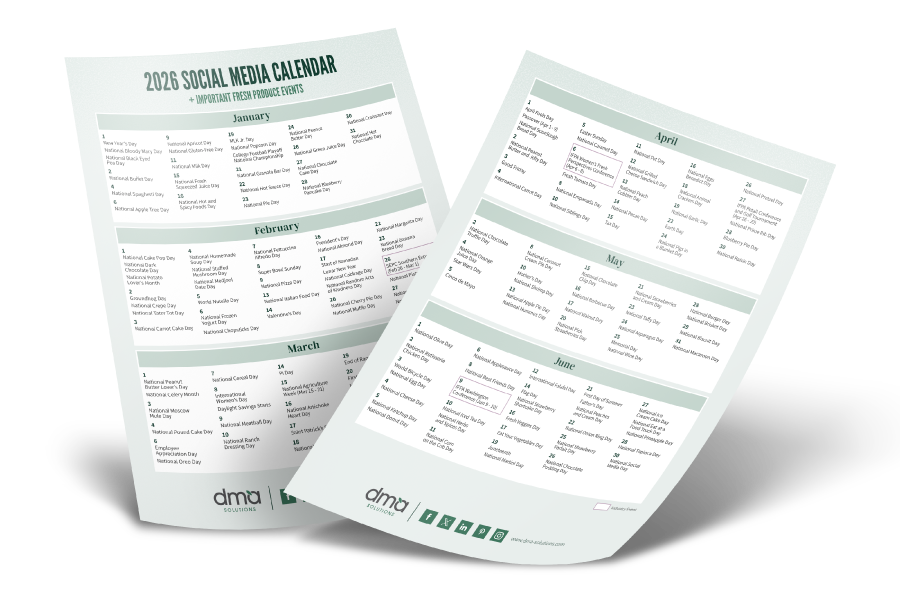Metadata refers to the descriptive bits of information on your website hidden in the codes. It’s all the things you don’t see when visiting a page, including link descriptions, titles of photos, upload dates, and so much more. Since this information isn’t shown on the surface level of your website, it may seem unimportant to keep updated and accurate. After all, who will really see it?
The reality is that when it comes to optimum marketing performance, what we do not see is just as important as the beautiful imagery on our websites that we can see. If your brand is active on social media or if you want to be present in search engine results, you should care about how your metadata is representing and working for your brand. It is powerful in influencing SEO and click rates, and determines the way social media sites share your links. Keep reading to find out why metadata is critical to your online presence and how you can use it to increase your web traffic below.
Metadata: Its Importance and Use
Metadata tells search engines what your web page has to offer.
By using metadata correctly, you can boost your relevancy in search results. Metadata provides search engines with the most important information about your web pages, including titles and descriptions. When someone searches Google for an image, your metadata is what tells the search engine you have the photo in need. When optimizing your content for search engines, be sure to pay attention to these details. Use titles that are accurate representations of the content you’re sharing and add descriptions that you’d want a search engine to know you’re providing.
Metadata makes people take action.
Let’s say a person searches Google for slow cooker recipes and it answers the call for help with hundreds of pages of results. If you’ve optimized your website for SEO, you may appear on the first page. But what aspect of your search result will lead the person to click?
The key is hidden in the metadata. When your website appears in search engine results, the small metadata description you create is often what accompanies your link. This description tells the researching consumer what they’ll find on the page they are about to visit, and it validates your brand for providing the solution to the problem at hand. Keep this in mind when writing your metadata description. To achieve a higher click through rate and stand out among the rest of the search results, make your copy compelling and representative of what the user can actually find on your page. Don’t try to trick people into clicking your link with inaccurate meta descriptions. If you do so, users that click through and don’t find what you promised will go back to the search engine to find another resource, hurting your bounce rate and negatively affecting your SEO. Another tip for meta descriptions: keep this copy short! Think 130 characters or less, so that search engines don’t cut you off before you’re able to make your case.
Metadata affects your social media presence.
In recent months, Facebook changed its API to cut down on the amount of fake news (legitimately fake news, we mean) circulating on the platform. After the change, business pages could no longer alter link posts by changing photos, titles, or link descriptions. In short, when sharing a link to your website, the metadata alone determines what will be posted to Facebook. For this reason, it’s important to ensure meta descriptions are helpful and engaging, and that they have perfect spelling and grammar. It’s also important that your metadata tells Facebook which photo it should use for your post. If your metadata doesn’t clearly identify the photo you want to use, Facebook could pull any image that lives on your web page, even if the image is not correctly sized.
Without proper metadata, big traffic referrers like Facebook and Google are forced to guess what your web page contains. Next time you create a blog post or upload a photo to your website, be sure to spend some time on adding descriptions and tags that will help people find your content when they need it most. If you’d like to learn more about search engine optimization and find out how you can build a better website, download our free resource!
Have something to add? Leave us a comment below, or tweet to us at @TheCoreBlog!
{{cta(‘fbc3d34f-cf67-49f8-9826-6a9a4c06733c’)}}

